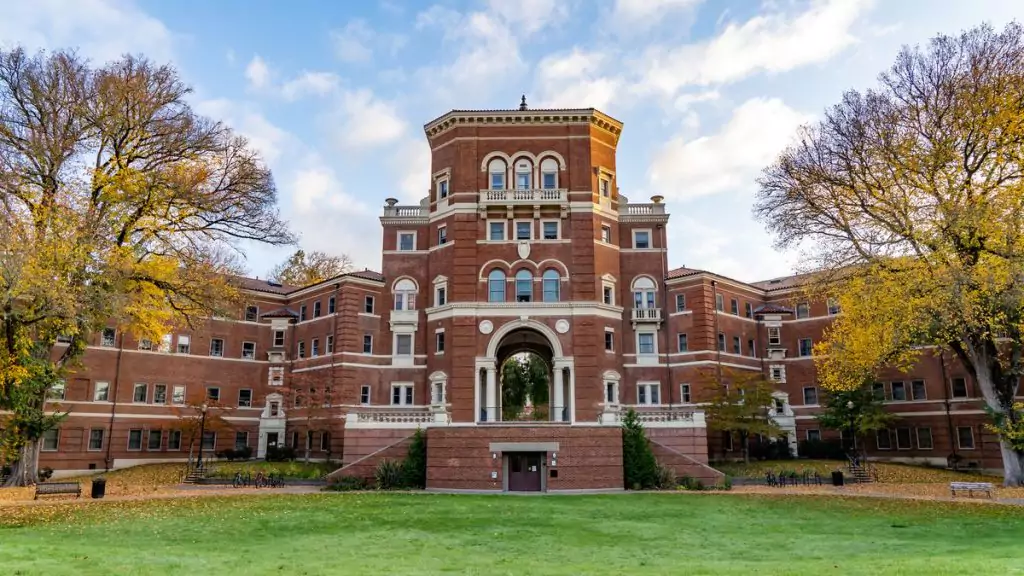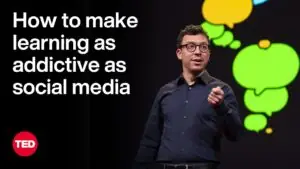
Key Takeaways:

✅ AI Essay Writer ✅ AI Detector ✅ Plagchecker ✅ Paraphraser
✅ Summarizer ✅ Citation Generator
- A rising population of long-term English learners necessitates a shift in education policies and practices, as highlighted at a recent Washington D.C. conference.
- Ensuring access to key coursework and fostering partnerships with universities and families were identified as crucial strategies for improving English learner education.
- Intentionality in instruction, assessments, and policymaking was underscored, with experts calling for a holistic approach to student needs.
- U.S. Secretary of Education Miguel Cardona stressed the need for more multilingual educators and intentional collaboration among stakeholders to meet the challenge.
Amid a rising population of high school English learners, experts at a recent conference discussed strategies to optimize their education, as reported by EducationWeek. The inaugural Improving Instruction, Assessment, and Policies for Secondary English Learners Across the Content Areas conference, held in Washington D.C., addressed the pressing need to help this student segment. But what can be done to bolster English language mastery while ensuring these students gain a full high school experience and graduate on time?
The conference, hosted by the Department of Education’s Institute of Education Sciences-funded Center for the Success of English Learners and the National R&D Center to Improve Education for Secondary English Learners, saw a robust exchange of ideas. Aida Walqui, principal investigator at the National R&D Center, highlighted the rising issue of long-term English learners, students who require language acquisition support even after six years of schooling.
“What that speaks to is precisely the lack of invitations to those students to engage in substantive, intellectually challenging activity that keeps them at the edge of their seats wanting to participate,” Walqui suggested.
So, how can we better support these students?
The conference stressed the need for students to have access to relevant coursework. State trends show older English learners often struggle to access high school graduation-required math and science courses. It’s not just about changing educator mindsets; it’s also about policy shifts and training school counselors to work with these students more effectively.
Partnerships were identified as a crucial part of the equation. Whether with universities, like Oregon school districts collaborating with Oregon State University, or with families, partnerships can make the difference.

For instance, Stanford University’s Professor Guillermo Solano-Flores emphasized the importance of informing families about the U.S. education system, including summer programming and dual language programs.
The conference emphasized the importance of intentional policymaking, instruction, and assessments in the context of English Learner education. This means crafting policies with clear goals and strategic measures, delivering instruction that is cognizant of the unique needs of English learners, and designing assessments that accurately gauge the learning progress of these students.
Stanford University’s Professor Emeritus of Education, Kenji Hakuta, and Amanda Kibler, a professor in the College of Education at Oregon State University, were united in their view on the holistic approach to English learner education. They argued for the necessity of considering all aspects of a student’s life – academic, emotional, and social – in creating effective educational strategies.
They emphasized that this approach requires a concerted effort from all stakeholders involved in a student’s learning journey. This includes educators, administrators, policymakers, families, and the students themselves. The question raised by their insights is whether we, as a society, are prepared to make the commitment to fully support English learners in a comprehensive and inclusive manner, ensuring that no aspect of their development is left unaddressed in our educational systems.
In his concluding remarks, U.S. Secretary of Education Miguel Cardona called for more multilingual educators and an increased commitment to intentional collaboration. “We cannot stop now, not when our English learners are still recovering from the impact of the pandemic, not when our programs are still being designed with little or no influence with what the research says, what the research has said for decades,” Cardona said.
Related stories:
Language Learning Showdown: iTalki, Preply, and Beyond
Is Discord a good place to learn a language and join a language learning community?
Follow us on Reddit for more insights and updates.





Comments (0)
Welcome to A*Help comments!
We’re all about debate and discussion at A*Help.
We value the diverse opinions of users, so you may find points of view that you don’t agree with. And that’s cool. However, there are certain things we’re not OK with: attempts to manipulate our data in any way, for example, or the posting of discriminative, offensive, hateful, or disparaging material.